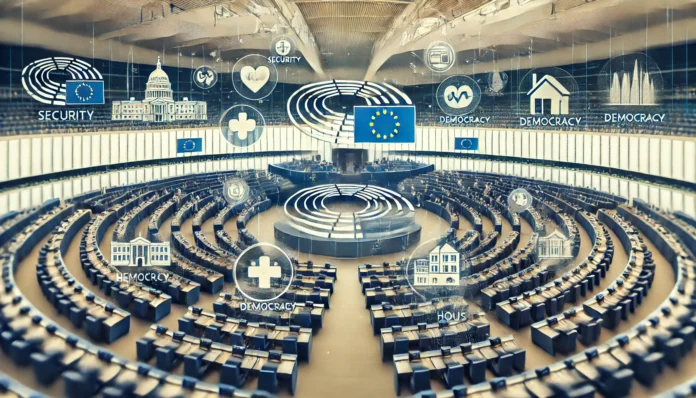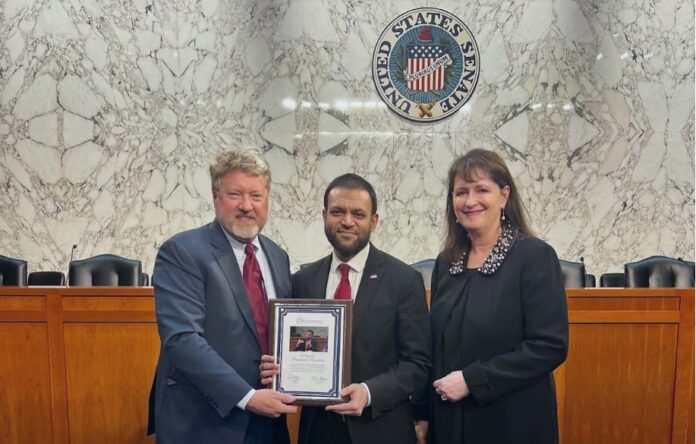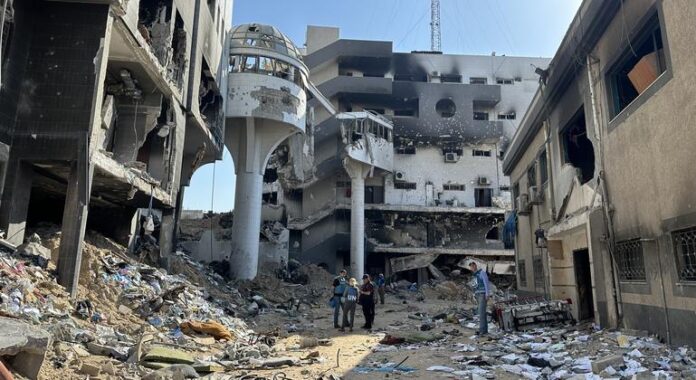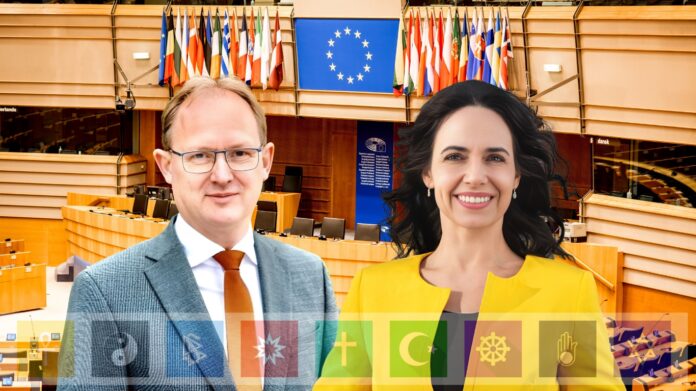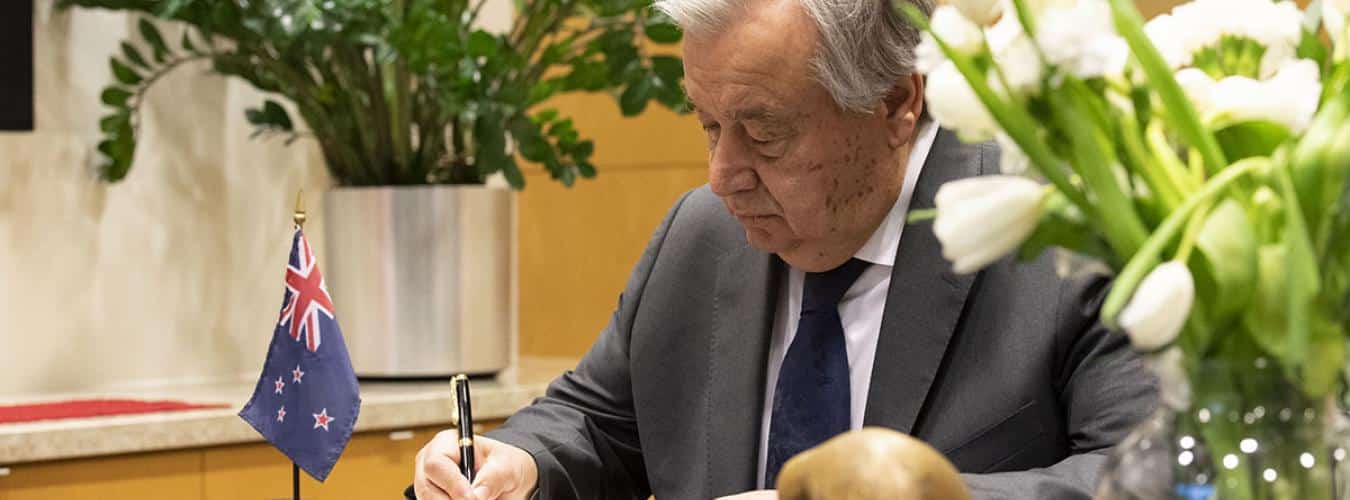Brussels — The European Parliament has taken the initiative to approve new committees with the intention of addressing key issues facing citizens. In a constructive move, leaders of political groups have announced the establishment of two new standing committees and two special committees, reflecting the European Parliament’s (EP) commitment to addressing pressing citizen concerns. This decision, made during a crucial meeting on Friday, is intended to enhance the EP’s ability to address contemporary challenges in security, health, democracy, and housing.
It is worth noting that the subcommittee on Security and Defence has been upgraded to a full standing committee. In light of the growing number of global security threats and the intensifying debates over defense strategies, this committee will undoubtedly play a pivotal role in shaping Europe‘s strategic responses. Similarly, the transformation of the Public Health subcommittee into a standing committee is a timely move, given the need for robust and ongoing legislative oversight in the face of health crises, such as pandemics and public health emergencies.
Furthermore, the establishment of two special committees demonstrates the EP’s proactive approach to addressing urgent matters. The Special Committee on European Democracy Shield will endeavor to protect democratic values and institutions throughout the EU, a welcome response to mounting concerns over electoral integrity and citizen engagement. Meanwhile, the Special Committee on the Housing Crisis is seeking to address the growing challenges many Europeans face in securing affordable housing, which has become a pressing issue in numerous member states.
The full House is scheduled to vote on these proposals on Wednesday, December 18, at noon, at which time the details regarding the committees’ mandates, membership, and terms of office are expected to be finalized. Following this vote, we will proceed to announce the lists of appointed members in a subsequent plenary session.
In light of this growing public interest in the workings of the EU and its institutions, it seems appropriate to consider these developments. It would seem that there is a growing need for effective governance that resonates with the electorate. The Conference of Presidents, which made this decision, highlighted the value of aligning the European Parliament’s Rules of Procedure with these changes, ensuring that the updated standing committees reflect citizens’ expectations and the EP’s strategic objectives.
As Europe faces a range of complex challenges, from security threats to health emergencies and housing shortages, the establishment of these new committees is an encouraging sign of a commitment to responsive and responsible leadership. The vote on December 18th will be watched with interest, with many hoping that these committees will bring about positive change and renewed hope for European citizens confronting these pressing issues.



